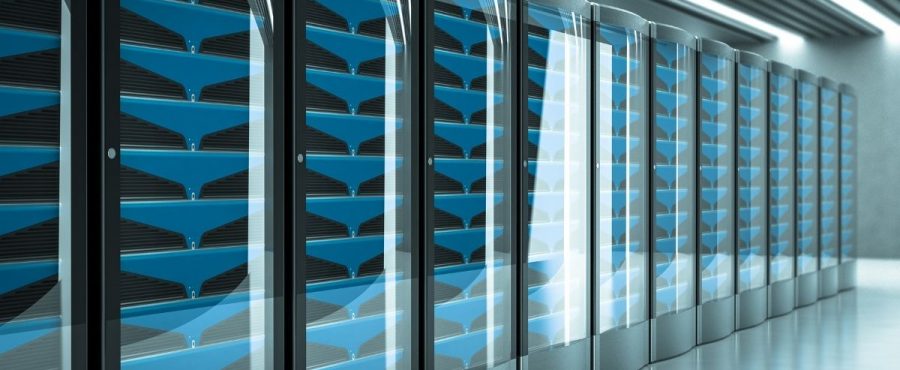Category Archives: Data Centers
Cloud Computing for Small Businesses
Small businesses are becoming more aware of the benefits that cloud computing provides to them because of how important it is to remotely store the information that they have on their computers. Before cloud storage, small businesses needed to store their information on their local database or hard drive, which meant that they were subject to damage if anything were to happen to their databases, like a flood or electrical damage. Further, without cloud computing for small businesses, it would be impossible for them to make real-time changes to documents without being physically present in the office or point of operation. Below, Lightwave Networks takes a closer look at cloud computing and the value it gives customers.
Read MoreData Center Tiers Explained
If you own a business that requires a large amount of bandwidth, data, and applications, you may have heard of data centers. Data centers are essentially storage facilities for applications and data. They are designed to deliver shared data and applications and usually consist of servers, routers, firewalls, and more. There are various types categorized by data center tiers which range from Tier 1 to Tier 4. As suppliers of data centers, colocation servers, cloud servers/VPS, and more, we wanted to outline the various tiers and give you insight into which tier is optimal for your business.
Read More‘Meow’ Attack Deletes Over 4,000 Unsecured Databases
First identified in late July, and automated hacking attack has deleted data from over 4,000 unsecure databases. The targets of these ongoing hacking attacks are unsecured Elasticsearch, MongoDB, and Redis databases. There has yet to be any ransom demands made, so it appears these attacks were specifically designed to delete all data. These threats are being called Meow Attacks because they leave a “meow” signature on server log files.Read More
Tech Leaders Address the Impact of The Cloud on the Environment
The enormous amount of energy that needs to be consumed to power the world’s ever-increasing collection of data centers has been an open secret for a while now. While The Cloud is often advertised as this omnipresent and weightless concept, its implementation results in a significant real-world impact of the cloud on the environment. Due to the massive energy consumption needed to store the world’s data, cloud storage negatively impacts the environment, contributing a large share of the fossil fuels released into the atmosphere.
Data Center Technology Trends: More Complex Data Center Workloads
In their recently published annual global data center survey, the Uptime Institute found that the majority of IT loads are still run on privately-owned enterprise data centers.1 Data center workloads are not only getting extensive but are also getting more complex.





